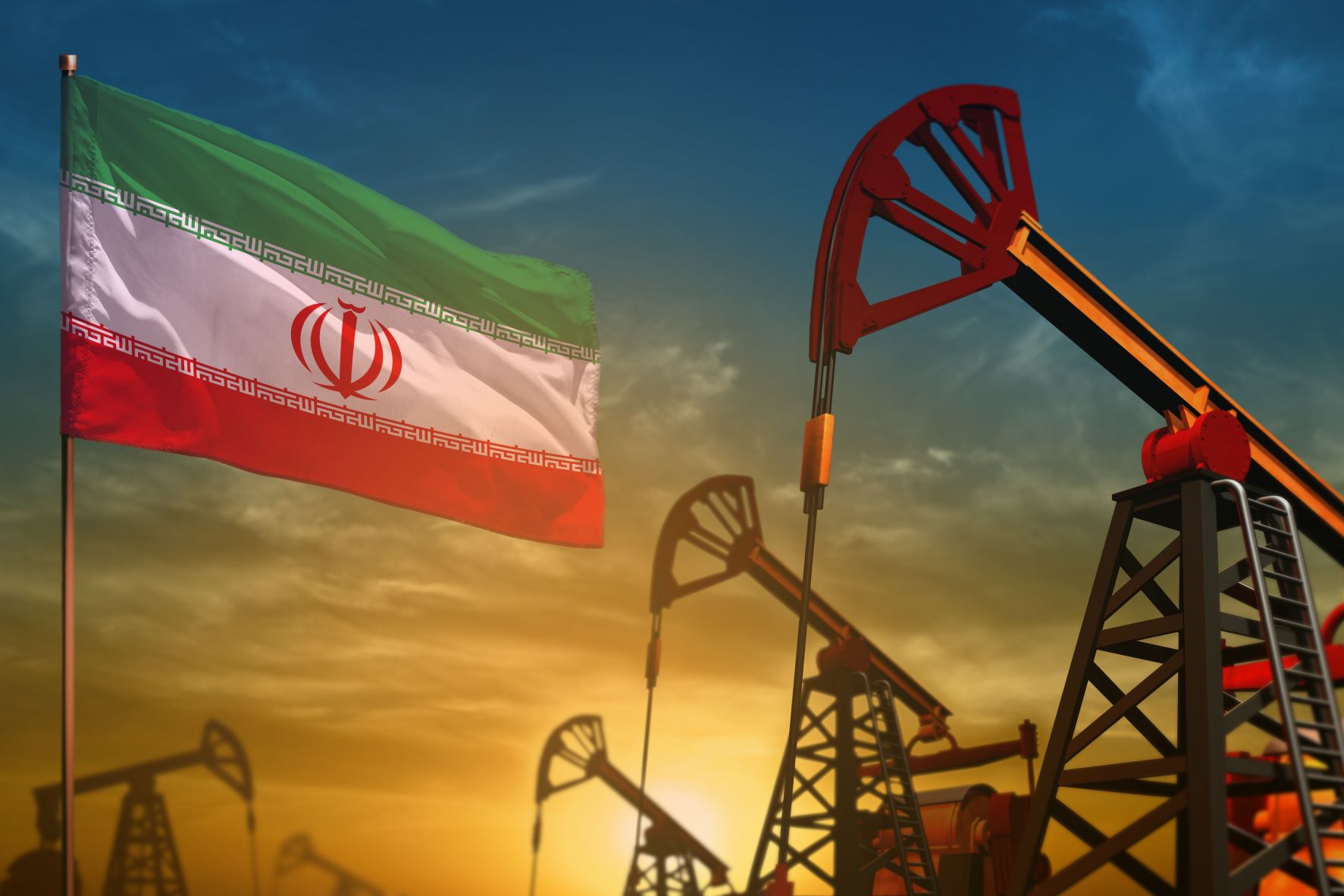Iran is deploying a new lever in its campaign to gain influence in the Arab region, which is providing fuel shipments to neighboring countries, such as Syria, Lebanon, Yemen, and Iraq. As all these countries are struggling with economic crises, Iran perceives fuel shipments as a means of enhancing its image and influence. However, in some instances, these shipments exacerbate political tensions within these countries, which may in fact have negative consequences for Iran and its local proxies. For example, Hezbollah’s announcement on the 19th of August that Iran will be sending over shipments of fuel has led to a wave of condemnation from different Lebanese factions, with resentments rising against Hezbollah for acting as the real center of power as opposed to the state.
Iran’s fuel supplies to Arab neighbors
Syria has been a prime recipient of Iranian fuel and has received on average over 70,000 barrels of fuel a day since 2011. Some estimates indicate that the regime has relied on Iran for well over 10 billion dollars’ worth of fuel during the period between 2013 till 2018. Iran moreover exports natural gas to Iraq’s struggling power plants to produce electricity. According to Iraq’s Minister of Oil, Ehsan Abdel Gabbar, in a statement on the 22nd of April, Iraq will have imported over 50 million square meters of gas from Iran by 2024 to operate its power plants. He also noted that they have been facing difficulties in importing Iranian gas, due to supply and logistical problems, and that this will continue in the foreseeable future, until a more stable and viable source is found.
Following a meeting between Iranian Oil Minister, Bijan Namdar Zankano, and Iraqi Minister for Electricity, Magued Mahdy Hantoush, in May, the Iranian minister declared that Iran had exported over 27 billion cubic meters of gas to Iraq, despite logistical issues and Iraq’s growing debt to Iran for these gas imports. It is, however, extremely unlikely that Iran would cut off these supplies, seeing it considers them an important tool in successfully exerting its influence in Iraq.
Iran has also used fuel supplies to buttress its influence in Lebanon and Yemen. In Lebanon, Hezbollah has turned to Iran to relieve the current severe shortage, despite sanctions. Hassan Nasrallah recently announced that a shipment of fuel had sailed from Iran with gas to Lebanon, to be followed by many more, daring the US and Israel to interfere with these shipments. He declared that he considered them “Lebanese territory” the moment they set sail.
Iran’s role as main supplier of fuel for the Houthi rebels was exposed by a UN report published on the 19th of January 2019. The report revealed that revenues from illegal Iranian oil shipments have helped to fund the Houthis war against the legitimately elected government, and that a small number of shell companies listed in Yemen and abroad were fronts used to hide Iran’s oil aid to the Houthis.
This approach by the Iranian government has forced the US Treasury Department, as of last June, to place sanctions on entities and individuals linked to this process, including the smuggling networks that help the Quds Brigades, from the Iranian Revolutionary Guards, to funnel financing to the Houthi rebels in Yemen. The smuggling network is led by the Houthi financier Saeed El gammal who resides in Iran and is running a fleet of ships and several companies that are smuggling fuel and petroleum products to various places across the globe. The US Treasury Department also noted in its statement that the network is making tens of millions of dollars from the sales of Iranian petroleum, which are then transferred to several mediators through a complex network, who deliver the money to the Houthis in Yemen.
Iran’s objectives
1- Expanding Influence: Iran has sought through fuel supplies to expand its influence in the region, perceiving these supplies as a means to improve its image, by helping to ease crisis situations. Iran’s fuel supplies to Arab countries suffering from instability and shortages provides levers which it can use to meddle in these countries’ domestic affairs
2- Helping Regional Allies: Iran’s fuel supplies help its regional allies to cope with sanctions and economic hardships. In Syria, Iranian fuel has helped the Assad regime bypass western sanctions, especially that the regime has lost control over the oil-rich north. The same applies to Hezbollah and the Houthi rebels, who have also been able to survive western sanctions, and maintain their reach and power due to Iranian fuel supplies. Hezbollah has moreover exploited these supplies politically, contrasting its own efforts to ease the shortage to the stance of a corrupt political establishment that has done nothing to ease the crisis.
3- Economic Gains: Iran reaps considerable economic benefits from its fuel exports. For instance, Iraq has run up a bill that amounts to 6 billion dollars in unpaid fuel supplies. Supplying Syria with oil has also given Iran economic leverage and preferential treatment, including access to phosphate mines in the east of Syria, oil exploration rights in Deir El Zoor, as well as the lion’s share of reconstruction projects.
4- Demonstrating regional standing: Iran uses these shipments to send a clear message to the west that it is able to move within the region at will, despite the western pressures. Hezbollah’s declaration that they will import fuel from Iran appears to be another message to the international community that Iran’s regional role is secure. While Iran hopes to convince the US to remove sanctions, it is also sending a message that, despite all of the hardships that it is facing, it is still more than capable of facing up to these challenges and supporting its allies as well.
5- Absorbing Internal Pressures: Iran’s domestic centers of power are exerting strong pressure on the regime to continue supporting regional allies, despite its own economic hardships. The Iranian Revolutionary Guard is the main driving force of this pressure, as its leadership perceives maintaining this support as crucial to upholding influence in the region. It is expected that the new administration of President Ebrahim Raisi will continue to use both the Foreign Ministry and the IRG to maintain Iran’s regional footing.
While Iran’s “fuel diplomacy” has been successful in achieving gains for Iran, as mentioned above, it could potentially pose problems for its proxies in the region. For instance, Hezbollah’s announcement of the fuel shipment from Iran has come under heavy scrutiny from Lebanese politicians. Many perceive it in the context of undermining the sovereignty of the Lebanese state. The leader of the Future Party, Saad El Hariri, was quoted as saying “How does the Iranian state allow itself to break international law, sending ships to Lebanon without the approval of the Lebanese government?”

